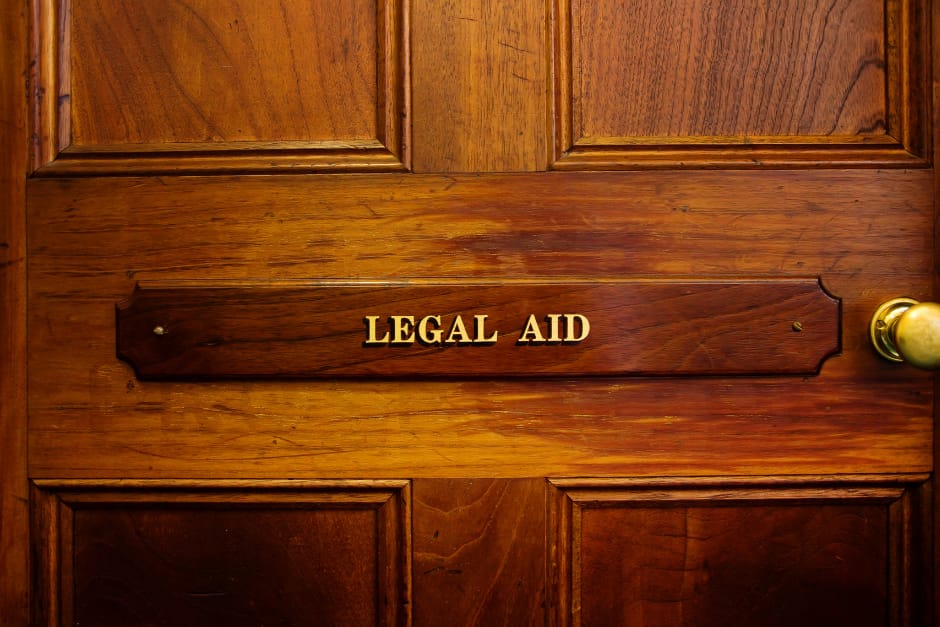
A 1031 exchange is a tax strategy that allows property owners to defer capital gains taxes by exchanging their real estate for another investment property. This is a great strategy for investors who are looking to diversify their investment portfolio, or simply increase the value of their current property.
What Are The 5 Most Common Mistakes Made by Investors Who Don’t Do a 1031 Exchange?
One of the most common mistakes made by real estate investors is to skip a 1031 exchange and try to sell the property for cash. This can be a mistake because it will lead to paying capital gains taxes on the property’s sale, even if the property’s market value is less than what was paid for the property in the first place.
In order to avoid paying capital gains taxes on the property’s sales price, the owner of the property must make sure that the replacement property is of “like-kind.” This means that the new property must be used in a business or for an investment, and both the old and the new properties must be used for the same purpose.
If the replacement property is not “like-kind,” the IRS will require a recapture of all the depreciation deductions that were taken on the old property before it was sold. The depreciation is calculated on the basis of the old property. The owner of the new property will then essentially “roll over” that cost basis, allowing them to take those depreciation deductions again on the new property, rather than on the old one.
This process is very complicated and requires the help of a qualified intermediary, which specializes in facilitating 1031 exchanges. The process can be daunting and a small error or missed deadline can put the whole thing on hold.
A Qualified Intermediary will be responsible for holding your exchange funds, securing them, and investing them in the replacement property. It is important to choose a QI that is both competent and secure, and also offers adequate protections for your exchange funds.
The Qualified Intermediary will handle all the administrative aspects of the transaction and provide you with reports at the end of the year. They will also assist you with completing the tax return, if needed.
Can I Use a 1031 Exchange to Buy Rental Property?
The biggest benefit of a 1031 exchange is that it allows you to trade up in real estate value. By trading up in real estate, you can grow your portfolio much more quickly than if you were to just buy one property and keep it as your primary residence. This is especially true if the replacement property is in a better location, or has lower monthly mortgage payments than the primary home.
However, there are other reasons why you might not want to do a 1031 exchange. For instance, you might be in a high tax bracket or you may have another investment opportunity that would be a better option for you. In those cases, it might be better to just pay the taxes on your real estate income and invest in something else.




